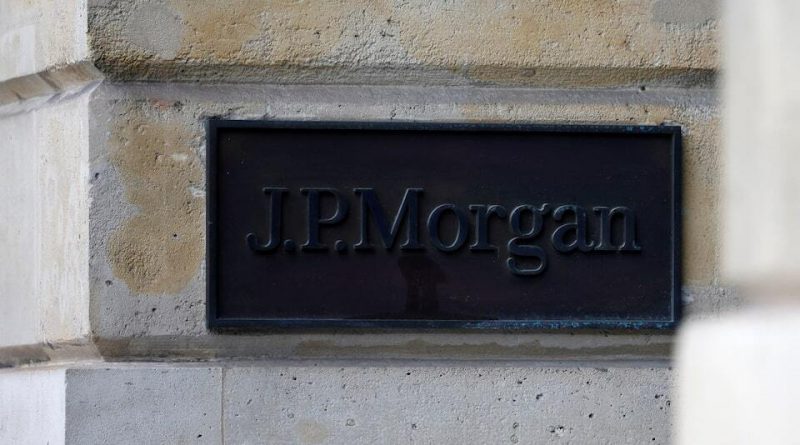JPMorgan Finalizes New Paid Data-Access Agreements With Major Fintech Aggregators
JPMorgan establishes paid arrangements with leading data aggregators, reshaping open-banking dynamics and setting a new framework for how financial data is shared across the fintech ecosystem.
JPMorgan Chase has entered into new agreements with several major fintech data aggregators that will require them to pay fees for accessing customer bank account information through third-party applications, marking a significant shift in how financial data is exchanged between banks, intermediaries, and digital platforms.
These developments signal a broader transformation in the open-banking ecosystem, where banks are seeking both greater control and fair compensation for the data infrastructure they provide while maintaining customer access to digital financial tools.
The agreements were completed with well-known data aggregators such as Plaid, Yodlee, Morningstar, and Akoya, all of which play central roles in connecting financial institutions with fintech apps used by millions of customers.
These aggregators typically enable services like budgeting tools, personal finance trackers, investment apps, digital payments, and subscription management platforms by securely linking user accounts across providers.
For years, aggregators accessed bank data without paying fees, a long-standing industry norm that raised concerns among banks about security, bandwidth costs, and equitable value exchange.
Banks often argued that the free access model created vulnerabilities related to data scraping, overloaded systems, and outdated security practices, while fintech companies maintained that it promoted innovation and consumer choice.
JPMorgan explained that the newly negotiated agreements followed extensive discussions aimed at making data sharing more sustainable, more secure, and more aligned with evolving regulatory expectations.
Bank representatives said the final terms balance the interests of banks, aggregators, and consumers while still ensuring that customers retain reliable access to the fintech apps they use regularly.
As part of the negotiations, JPMorgan agreed to lower fees than initially proposed, easing concerns from fintech intermediaries about rising operational costs.
In return, aggregators secured concessions related to how data requests will be processed, helping streamline access flows and reduce friction for apps that rely heavily on real-time financial information.
The agreements arrive during a period of heightened debate over data ownership and financial privacy, with regulators, banks, and fintechs all contributing to the wider conversation.
The Consumer Financial Protection Bureau’s open-banking rule, introduced earlier, aims to standardize secure data sharing and allow consumers to transfer their financial information between providers at no cost.
Fintech companies welcomed the regulation as a step forward for transparency, customer control, and innovation within the financial landscape.
Banks, however, expressed concerns that the rule could lead to revenue losses, create additional regulatory burdens, and potentially expose consumer information to cybersecurity risks if not implemented carefully.
In response to growing feedback from multiple sectors, the CFPB began revisiting and refining the regulation earlier this year, acknowledging that rapidly changing financial technology trends require ongoing adjustments.
The reassessment was further influenced by public pressure from both fintech firms and crypto entrepreneurs advocating for clearer and more inclusive data-sharing standards.
Amid these regulatory updates, JPMorgan’s decision to pursue payment agreements demonstrates a market-driven approach that may influence how other large banks negotiate with fintech aggregators.
Industry analysts believe that similar deal structures are likely to emerge across the financial sector as institutions seek to update legacy systems and align data-sharing practices with new expectations around fairness and security.
Consumers are not expected to see major disruptions in the short term, as both banks and fintech apps continue emphasizing dependable, secure access to digital financial tools.
However, experts suggest that long-term adjustments to pricing models, app functionality, or data-usage limits could eventually appear as the cost structures of open-banking networks evolve.
JPMorgan’s agreements ultimately serve as an early indicator of how the fintech ecosystem may shift in the coming years, as companies navigate the balance between innovation, security, regulation, and long-term sustainability.
With more negotiations expected across the industry and regulatory updates still underway, the future of open banking appears set for continued change as financial institutions, aggregators, and digital platforms redefine their roles in a data-driven economy.



